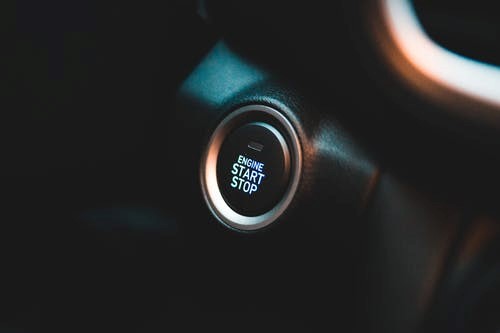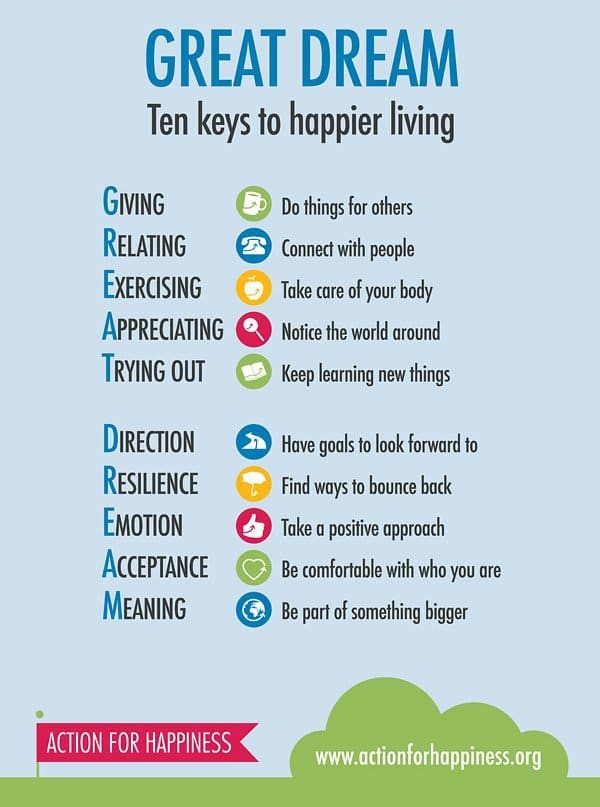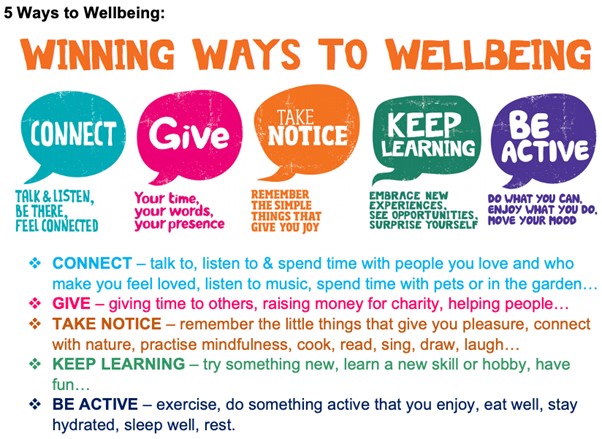We are inspired by a quote that reminded us: “trying our best might look different each day (and that is okay).”

With this sentiment we remember that each new week brings the opportunity to seek new celebrations, new challenges and another 168 hours!
Sometimes our days can be harder than others; yet our bodies and minds continue to be our chariot to carry us through.
At Uphall we are passionate about the Health and Wellbeing of our community. We are on a journey to become a pioneer for Wellbeing in Schools and we are excited for what this will entail.
We hope to develop a team of Parent Wellbeing Ambassadors that can be friendly faces who share our passion for Wellbeing for Students, Staff and Parents. Watch this space!
In the meantime please see below for the Wellbeing support we currently offer as a school to our students.
Uphall levels of wellbeing support:
Universal Support – To meet the needs of all our pupils through our overall ethos, RRS Values and our Uphall curriculum. For instance, developing Empathy and resilience for all.
Additional support – For those who may have short-term needs and those who may have been made vulnerable by life experiences such as bereavement. This may be an emotional support care plan, sessions with our Emotional Literacy Support Assistants (ELSA’s)
Targeted support – For pupils who need more differentiated support and resources or specific targeted interventions such as external agencies.
We all have times when we have low Mental Wellbeing, where we feel stressed, upset or find it difficult to cope. See Parent Forum PPT about Mental Wellbeing.
There are some common life events that may affect you or your child’s Mental Wellbeing:
• Loss or bereavement.
• Loneliness.
• Relationship problems.
• Issues at school.
• Worries about money.
• Stress
Everyone deserves to feel good and there are steps you or your child can take to maintain and improve your Mental Wellbeing:
• Build positive relationships.
• Take time for yourself.
• Look after your mental health.
• Look after your physical health.
• Set and discuss boundaries (see PPT from Mental Health Week)
• Practise breathing activities
• Write a list of things that make you feel good (singing out loud, going for walks, cooking, turning off your phone)
• Limit screen time
• Invite family conversations
• Introduce “quiet time” routines 15-30 minutes before bed (switch off devices, lower the lighting, read together, have cuddles on the sofa, talk about what you are grateful for, share your goals for the next day.
What can your child can do in school to gain Mental Wellbeing?
• Be open and talk about their feelings with friends.
• Associate themselves with positive people.
• Join an afterschool club.
• Speak to a member of staff.
• Tell the Safeguarding and Wellbeing Team.
• Get physically active (a Health body and mind are closely linked).
• Practice boundary setting and saying no to peer pressure.
• Talk about RHE lessons with families.
Family Wellbeing activity

Stop. Start. Continue.
As a family have a chat in family time about what each of you have decided in the next Week, Month or Year (choose what feels achievable for you) to Stop. Start and Continue. e.g.
Stop setting an alarm at the weekend.
Start reading as the first thing when I wake up with a green tea.
Continue waking up before 6am on weekdays.
Useful Websites
These websites might be helpful for your child, yourself or for parenting tips. As the expert in your child you will notice changes in behaviours and mood.
- Wheel of Wellbeing: https://www.healthysurrey.org.uk/mental-wellbeing/adults/wheel-of-well-being
- Understanding screen addiction: https://www.comparethemarket.com/broadband/content/screen-usage-guide/
- Family Lives – Support for parenting challenges: https://www.familylives.org.uk/how-we-can-help/confidential-helpline/
- Mental Health support: https://www.mind.org.uk/information-support/drugs-and-treatments/talking-therapy-and-counselling/how-to-find-a-therapist/#.WZ6x_7pFzRM%C2%A0
- Mental Health support for Parents: https://www.mentallyhealthyschools.org.uk/resources/gingerbread-for-single-parents/?page=1&IssuePageId=1301
- Transition support for families: https://youngminds.org.uk/resources/school-resources/find-your-feet-transition-tips-for-parents/
- How to support a child sharing abuse: https://www.parentsprotect.co.uk/if-a-child-tells-you-about-abuse.htm
- Children’s commissioner parent guide for supporting children with sexual harassment and peer on peer abuse: https://www.childrenscommissioner.gov.uk/report/talking-to-your-child-about-online-sexual-harassment-a-guide-for-parents/
- Alcohol support: https://www.nhs.uk/live-well/alcohol-support/
- Supporting family with Eating disorders: http://www.anorexiabulimiacare.org.uk/family-and-friends/parents
- Family support for children with autism: https://www.autismhelp.info/primary-years
- Signposting support for children with learning disabilities: https://www.mencap.org.uk/
- Signposting support for children with rare chromosomes: https://www.rarechromo.org/
- Services for communicating in pictures: https://booksbeyondwords.co.uk/
- NHS wellbeing for children: https://www.nhs.uk/every-mind-matters/supporting-others/childrens-mental-health/
- Young Minds: https://www.youngminds.org.uk/
- Reporting child abuse: https://www.nspcc.org.uk/keeping-children-safe/reporting-abuse/report/
- Signposting for Mental Health: https://www.childrenssociety.org.uk/what-we-do/our-work/well-being
- Signposting and support for online: https://www.thinkuknow.co.uk/
Link directly to the Place2be website with information about children’s mental health week
The mentally healthy schools website which has great resources for parents
Click the link below to view the CYP Mindfulness Webinar Handout

Click the link below to watch a video of The Action for Happiness course on BBC News
https://www.youtube.com/watch?v=GmsiUpfh1W4

Click the link below to watch a video about the Five ways to Wellbeing!
https://www.youtube.com/watch?v=bsc2QkCC3uI


